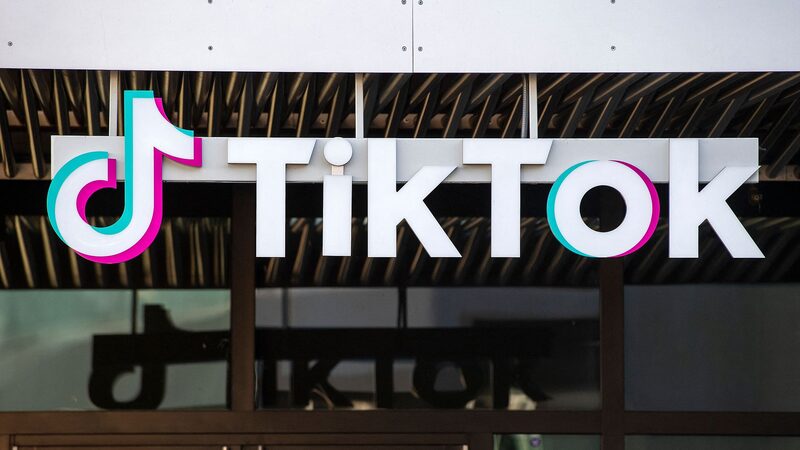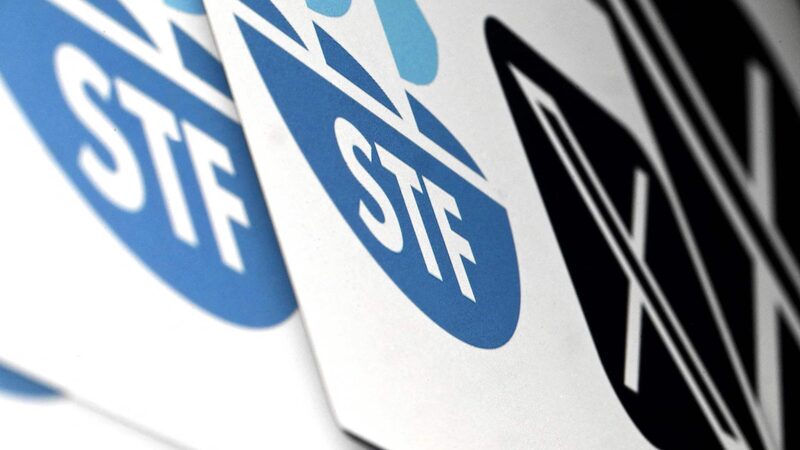
From Armenia to Zhejiang: Sipan Petrosyan Inspires Young Footballers in China
Armenian coach Sipan Petrosyan inspires young footballers in Zhejiang through coaching and engaging social media content.
My Global News: Voices of a New Era
🌍 Stay Ahead, Stay Global 🚀

Armenian coach Sipan Petrosyan inspires young footballers in Zhejiang through coaching and engaging social media content.

Brazil’s Supreme Court has authorized X to resume services after the platform complied with court orders, marking a significant victory for the country’s regulations over global social media.
Social media platform X, formerly Twitter, has paid $5.23M in fines to Brazil to resume its operations following a suspension over content moderation concerns.

TikTok and its parent company ByteDance are contesting a new US law that seeks to ban the app, arguing it infringes on free speech rights and lacks sufficient evidence of national security threats.

Brazil’s Supreme Court will vote on Monday to decide whether to ban the social media platform X after it failed to appoint a legal representative, leading to a suspension and hefty fines.

Explore the rich traditions, symbolism, and modern evolution of Chinese New Year 2024, the Year of the Dragon, celebrated worldwide.

Donald Trump’s live interview with Elon Musk on X was delayed by over 40 minutes due to technical issues, likely a DDoS attack, with over a million tuning in.

Foreign travelers and popular vloggers are reshaping perceptions of China’s urban landscape, revealing a side many did not anticipate.
China’s Foreign Ministry spokesperson Lin Jian denounces the U.S. for its alleged disinformation campaigns on social media aimed at undermining China’s global image and initiatives.
Discover how Shexian County’s 600-year-old fish lantern tradition is gaining global popularity through Pan Min’s effective use of social media.